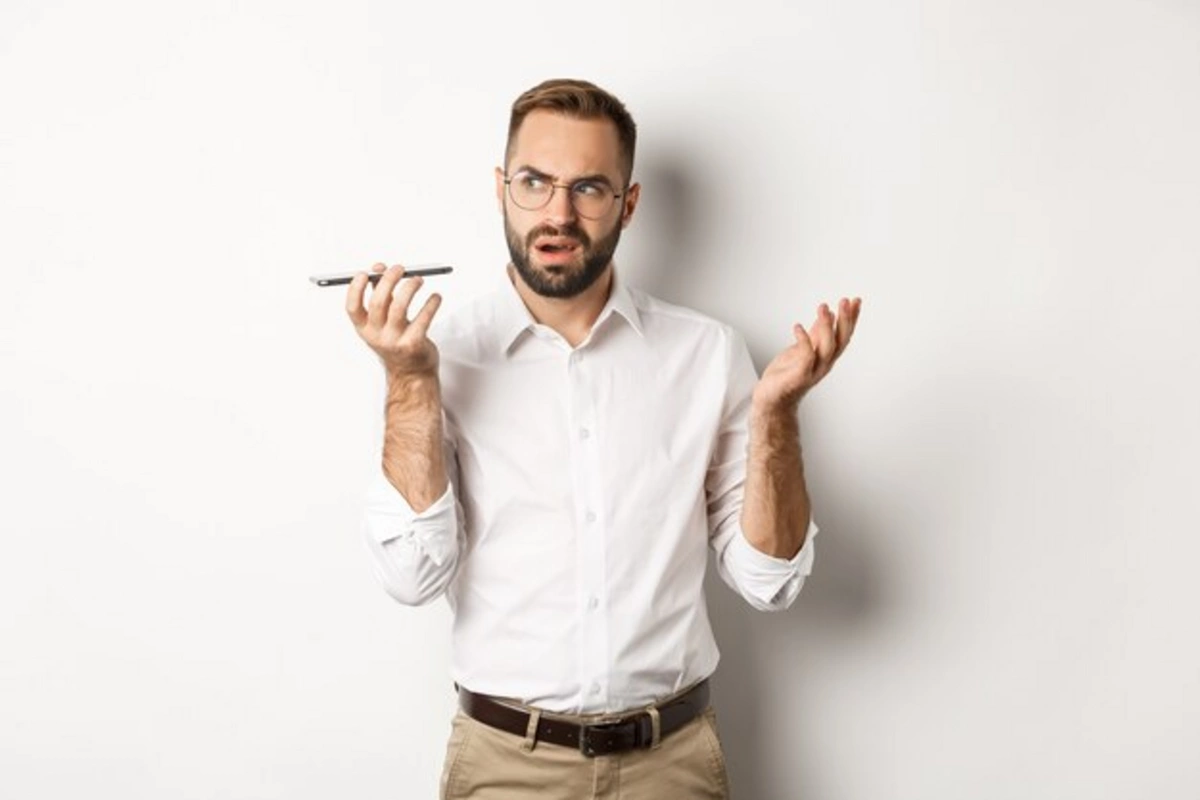Why our voice sounds different in recordings - scientific explanation## Formatting note: I've maintained the original plain text format while translating the content from Russian to English.

Everyone has experienced this strange feeling: you hear your voice on a recording - and you don't recognize yourself. It sounds thin, foreign, sometimes even unpleasant. But why does this happen?
When a person speaks, they hear themselves not only through the air, like everyone else. The main sound reaches the ears through vibrations in the skull bones. These internal vibrations make the voice deeper, richer, and more pleasant for the speaker themselves. This is how we are used to hearing ourselves every day.
On a recording, everything is different. The microphone only captures air vibrations - what others hear. Without bone conduction, the voice sounds higher, thinner, sometimes even squeaky. That's why the recording seems so unfamiliar.
This sensation often causes discomfort, as the perception of one's voice is part of self-identity. Hearing another version of yourself, a person may feel awkward or even ashamed. But in reality, there's no catastrophe - everyone else always hears this version of your voice.
Getting used to your "real" voice on recordings is a matter of time. Many announcers, actors, and bloggers admit that at first they also felt uncomfortable listening to themselves, but later it became familiar and even pleasant.
So, if you hear yourself on a recording and think: "That's not me!" - just remember: it is you. Only in a version you're not used to.
Similar News
Scientists have calculated the exact sleep norm for reducing the risk of diabetes
The optimal sleep duration for reducing the risk of insulin resistance is approximately seven hours and 18 minutes per day. This was the conclusion reached by r...



 Azərbaycanca
Azərbaycanca  По-русски
По-русски  English
English 






